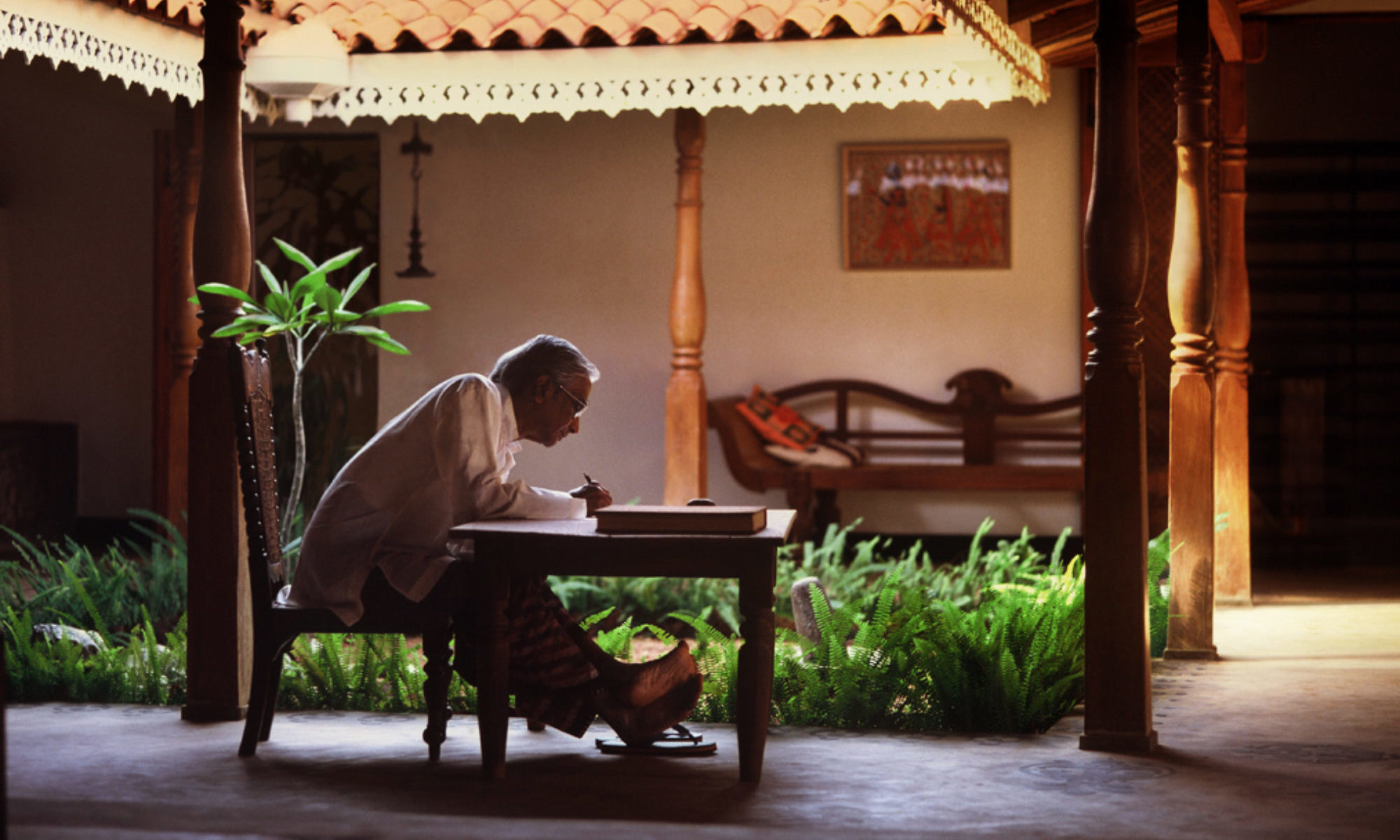Sarachchandra is not so much a poet, a novelist nor even a dramatist as an invisible force that runs deep through the very veins of the fortunate who have encountered him through the broad and diverse spectrum of his work.
As an artist Sarachchandra is universally acclaimed for his passion and dedication to the revival of indigenous theatre forms in Sri Lanka and as a writer and poet, for his literary prowess and deep insight of Buddhist philosophy. Sarachchandra is known to have composed his plays and the greater part of his writings in Sinhalese, his mother tongue. However, as a modern day humanist and linguist, Sarachchandra has translated works of Western novelists while producing writings in English and other Eastern languages.
Exploring both Eastern and Western cultures and philosophies which had remained unknown to him till then, Sarachchandra began establishing a rapprochement of those cultures with the existing litteratures of his own country, thereby establishing new literary norms and values. Thus was made his contribution to modern literary criticism in Sri Lanka, founded on the basis of Eastern thought inspired by literary works of the West. This process, rather than alienating him from himself, gave birth to new and unique cultural inspirations resulting in compositions fused with the best of many Worlds.
“Maname” staged in 1956, followed by “Sinhabahu”in 1961 were revealed as Sarachchandra’s true literary and dramatic masterpieces whilst confirming the writer’s will to landmark Sri Lanka’s cultural identity at the onset of the post colonial era. Sarachchandra’s deep involvement in the socio-political restructuring of Sri Lanka was manifest through his work and acted upon his contemporaries as a new path to follow. The cultural emancipation triggered then has become today’s cultural consciousness, nestled within the creative and literary expression in modern Sri Lankan society.
